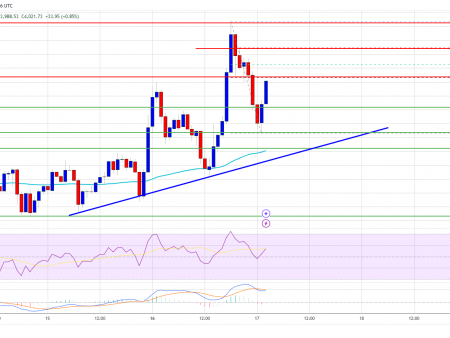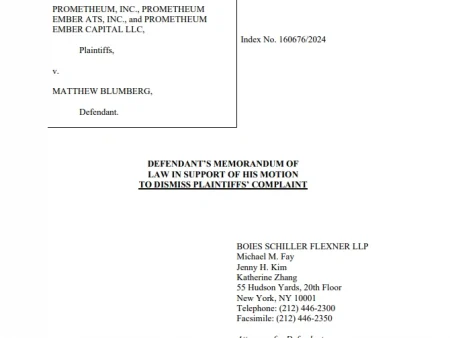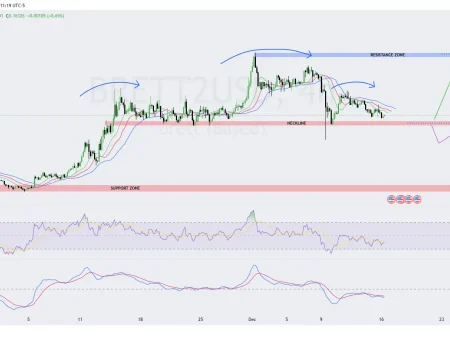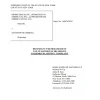The founder of Catly, a new video game described as an “AI-slop” that debuted at the 2024 Game Awards in Los Angeles last week, has a history of failed NFT and blockchain games.
The trailer for Catly, the first game from SuperAunthenti Co., left X users wondering how it got a spot at the Game Awards and was promoted by famous influencers like Pokimane and Ninja.
Studio co-founder Kevin Yeung also launched TenthPlanet, a gaming company focused on Web3, NFTs, digital properties and blockchain-based games. His studio was reportedly planning to launch two blockchain games in 2022 and invested $2.5 million in a cat-themed project called Alien Meow.
This “metaverse of cats” planned to “create in-game value through breeding, just like CryptoKitties,” Jung said. The beta version was supposed to be released by early 2023, but this did not happen. His other blockchain game, Mech Angel, also can’t be found anywhere.
Read more: Flappy Bird revival hides crypto plans
Gaming news publication 80 Level was able to confirm the claims of one Reddit sleuth that SuperAuthenti Co is a shareholder and owner of Shanghai Binmao Technology. This studio created an app called Plantly: Mindful Gardening, which used plants as “digital tokens.”
It was also revealed that Binmao Technology employees spent three months working on a metaverse called Catly.
So, does Yung’s new game Catly have an NFT? There is no mention of them anywhere in the game’s marketing or website.however, its design is reminiscent of NFT projects with vibrant 3D renderings used to showcase in-game cosmetics.
The described gameplay is also very reminiscent of Alien Meow.
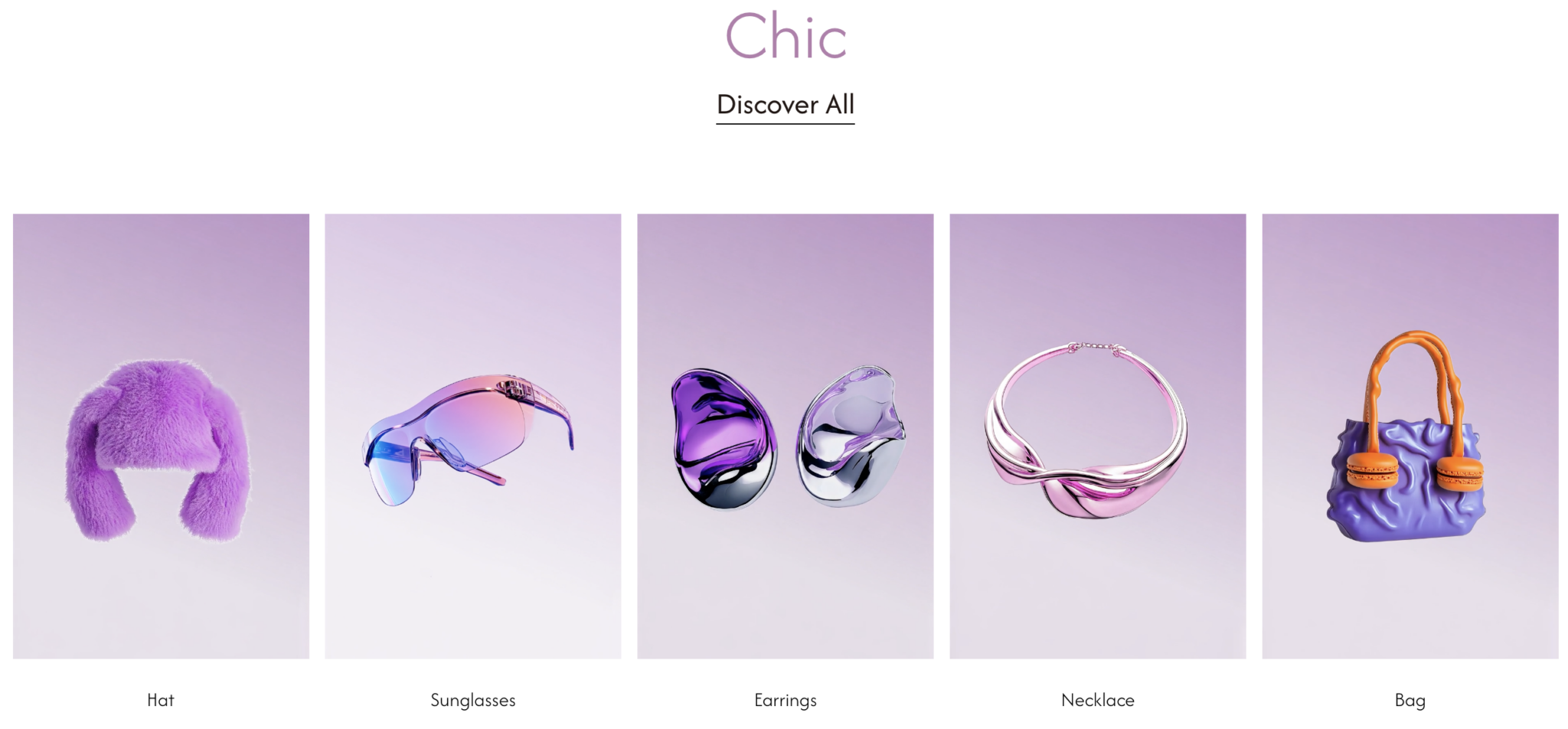
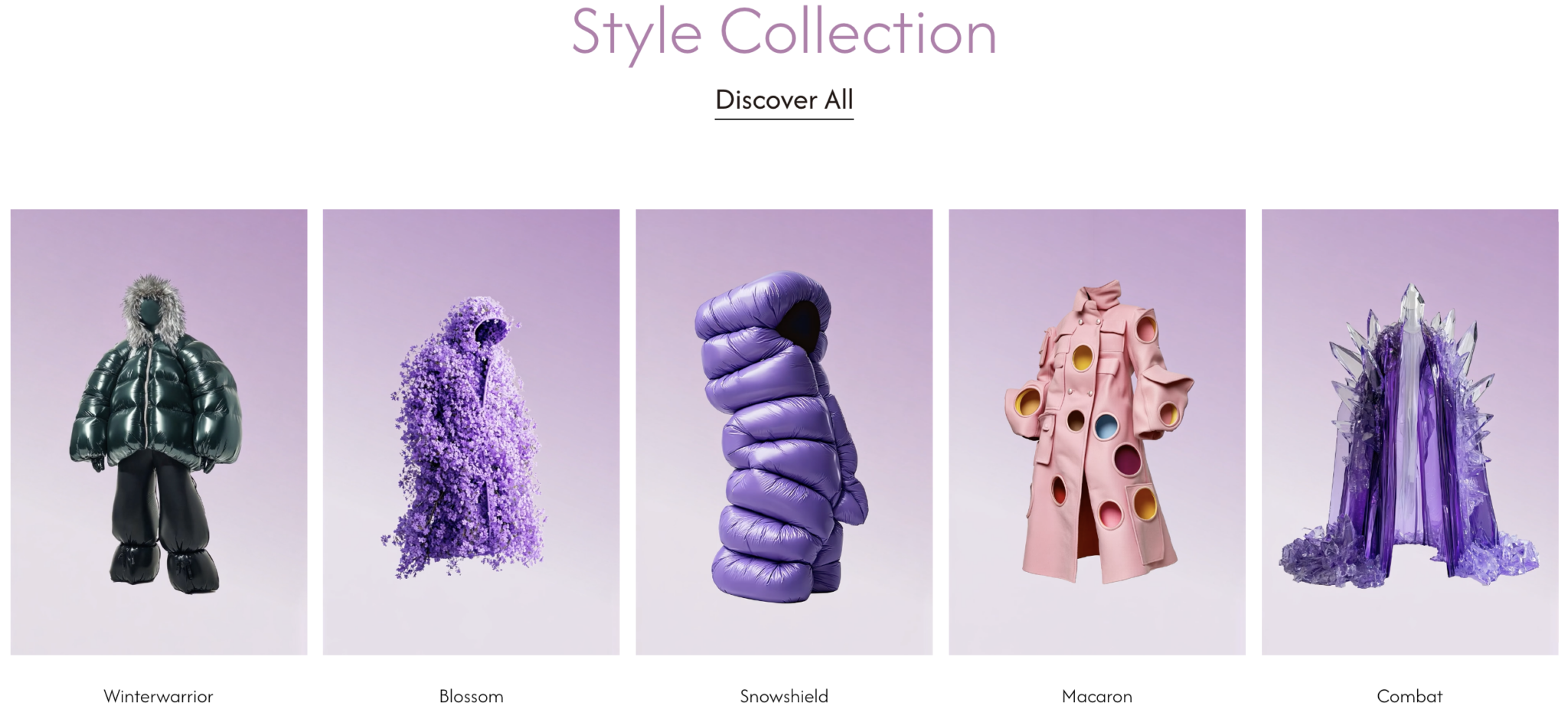
Read more: Ubisoft’s new Champions Tactics NFT game was unplayable this weekend.
However, some users are concerned that there may be NFTs in the game. Others are upset about Catley’s apparent use of AI-generated images and likened it to “AI garbage.” Some called it a “100% scam” and expressed suspicions about the planned release of the Apple Watch.
The Catly X account was created last May and has just over 1300 subscribers. He posted 18 posts and now hides AI-related comments under his posts. Kevin Jung also deleted his LinkedIn profile.
